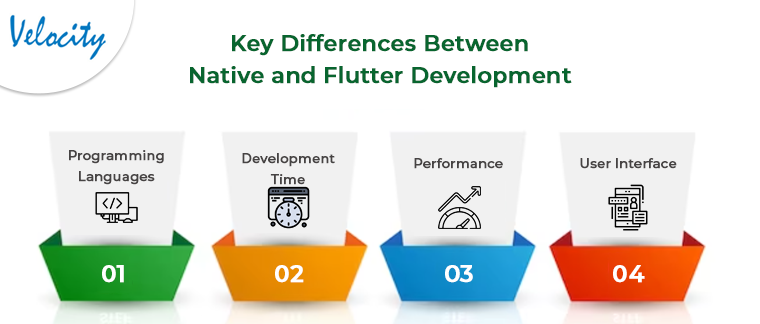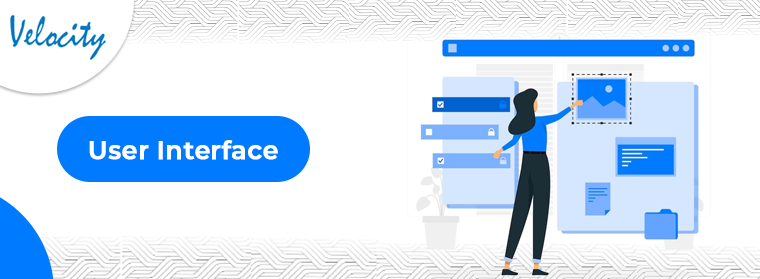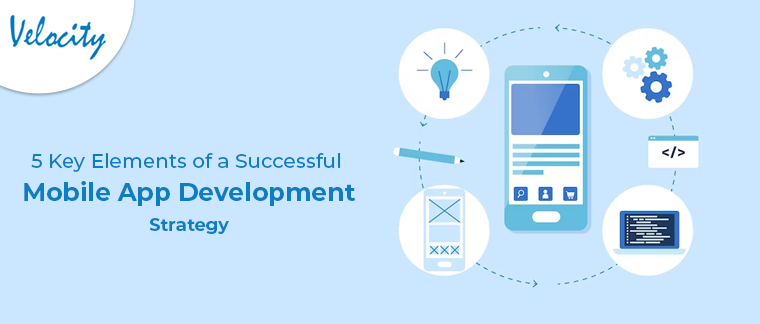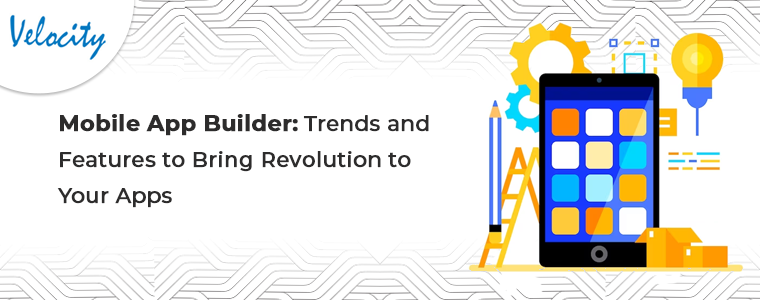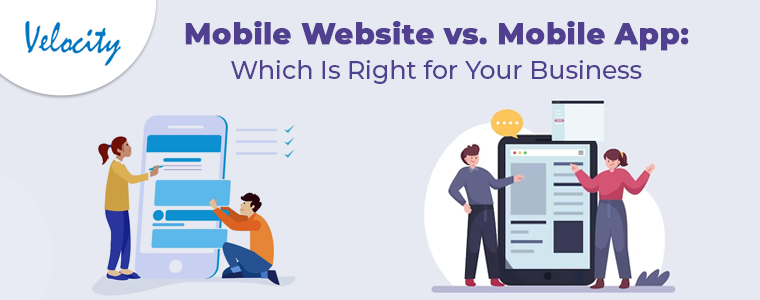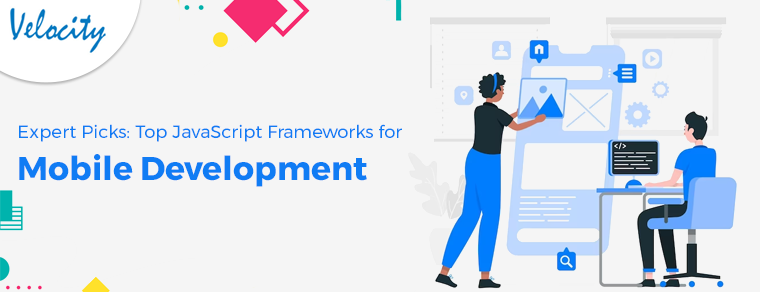Native development has been the standard for creating mobile apps since the inception of smartphones. Developers have been using native languages. Like Java for Android and Objective-C or Swift for iOS to build apps that work seamlessly on their respective platforms. However, with the introduction of Google’s Flutter framework, developers now have another option for creating high-quality mobile apps. Not only Flutter provides a seamless platform for app developers but also the developers can create both Android and iOS Apps using the same code base.
However, it is still a hot topic which language you should choose for your Mobile App Development. Whereas, Flutter allows the developers to finish the projects within lesser time. On the other hand, native app development provides code flexibility and customization options to Android and iOS App developers.
In this article, we’ll take a closer look at the technical differences between native and Flutter development.
Native Development!
Native development is the process of building mobile applications using the platform-specific languages and tools provided by the operating system. For iOS, developers use Objective-C or Swift, and for Android, they use Java or Kotlin. The main advantage of native development is that it offers complete control over the app’s performance, look, and feel. This level of control makes it easier to create complex apps that are optimized for the respective platforms.
One of the primary benefits of native development is that it offers access to all the native APIs and tools. This means that developers can use features like camera access, push notifications, location services, and more, without any limitations. Native apps are also faster, more responsive, and offer better performance as they are optimized for the platform they are built on.
However, native development also comes with some drawbacks. The development process can be time-consuming and expensive, requiring developers to create separate codebases for each platform. This means that developers need to have expertise in multiple languages and tools, which can be a challenge.
Flutter Development!
Flutter is a mobile app development framework that was introduced by Google in 2017. Flutter uses the Dart programming language and comes with a set of pre-built widgets that can be used to create beautiful, high-quality user interfaces.
One of the main advantages of Flutter is that it provides a hot reload, which allows developers to see the changes they make in real-time. This feature is especially useful during the development process. It allows developers to quickly make changes and see the impact of those changes without having to rebuild the entire app. Flutter also offers easy integration with other programming languages and frameworks, making it a versatile tool for developers.
Another benefit of Flutter is that it offers a faster development cycle as developers can build apps for both platforms simultaneously. This saves time and effort, making it an ideal choice for startups and small businesses.
Flutter also has its limitations. One of the main drawbacks is that it does not offer full access to all the native APIs and tools. This means that developers may have to use third-party libraries to add certain features to their apps. It can be time-consuming and may result in lower performance. Additionally, Flutter is a relatively new framework. It may have a steeper learning curve for developers who are not familiar with the Dart programming language.
Key Differences between Native and Flutter Development!
1. Programming Languages:
Native app development necessitates the utilization of platform-specific programming languages such as Java, Kotlin, Objective-C, or Swift. However, Flutter sets itself apart by employing the Dart programming language.
Dart is similar to other languages like Java and C++, it may take some time for developers to get used to it.
2. Development Time:
Native development requires separate codebases for each platform, which can result in longer development times. Flutter, on the other hand, uses a single codebase to build apps for both platforms, making the development process faster.
However, both native and Flutter app development takes place in the same app development tools i.e.: Android Studio and Xcode.
3. Performance:
Native apps offer better performance and are optimized for the respective platforms. Flutter, on the other hand, may not offer the same level of performance as it does not have full access to all the native APIs and tools.
4. User Interface:
Native apps offer a user interface that is consistent with the respective platform’s design guidelines. Flutter provides a customizable set of pre-built widgets that makes the job a lot easier for Android and iOS developers.
What to Choose in 2023!!
Deciding between Native or Flutter app development in 2023? Understand the pros and cons. Native ensures platform-specific performance with languages like Java, Kotlin, Objective-C, or Swift. Meanwhile, Flutter, powered by Dart, offers cross-platform development ease. Make an informed choice based on your project’s requirements and priorities.
However, if you are not able to choose the perfect option, at Velsof with 10+ years of native and Flutter app development. The team will be more than happy to find you at [email protected] regarding all your queries.

